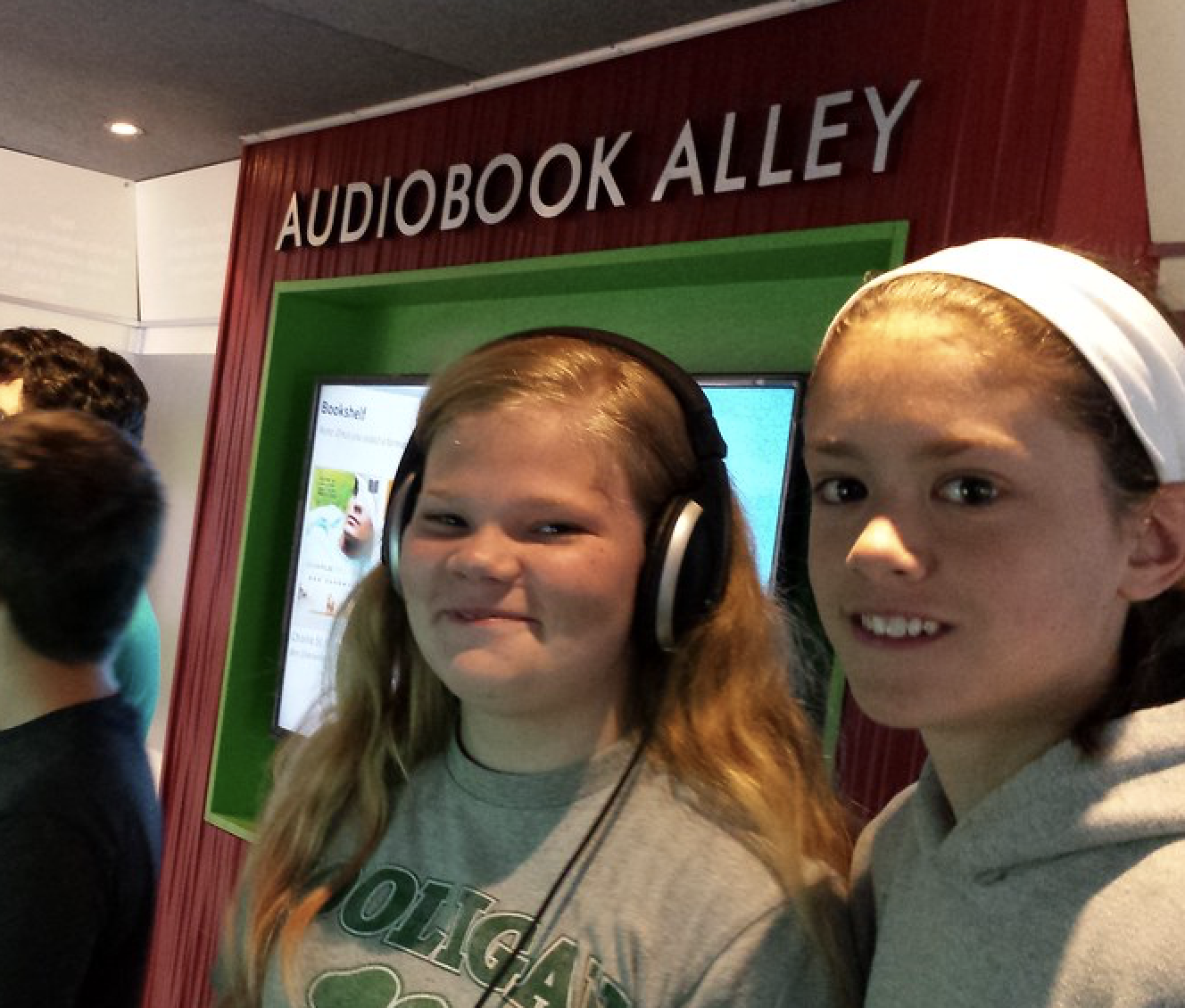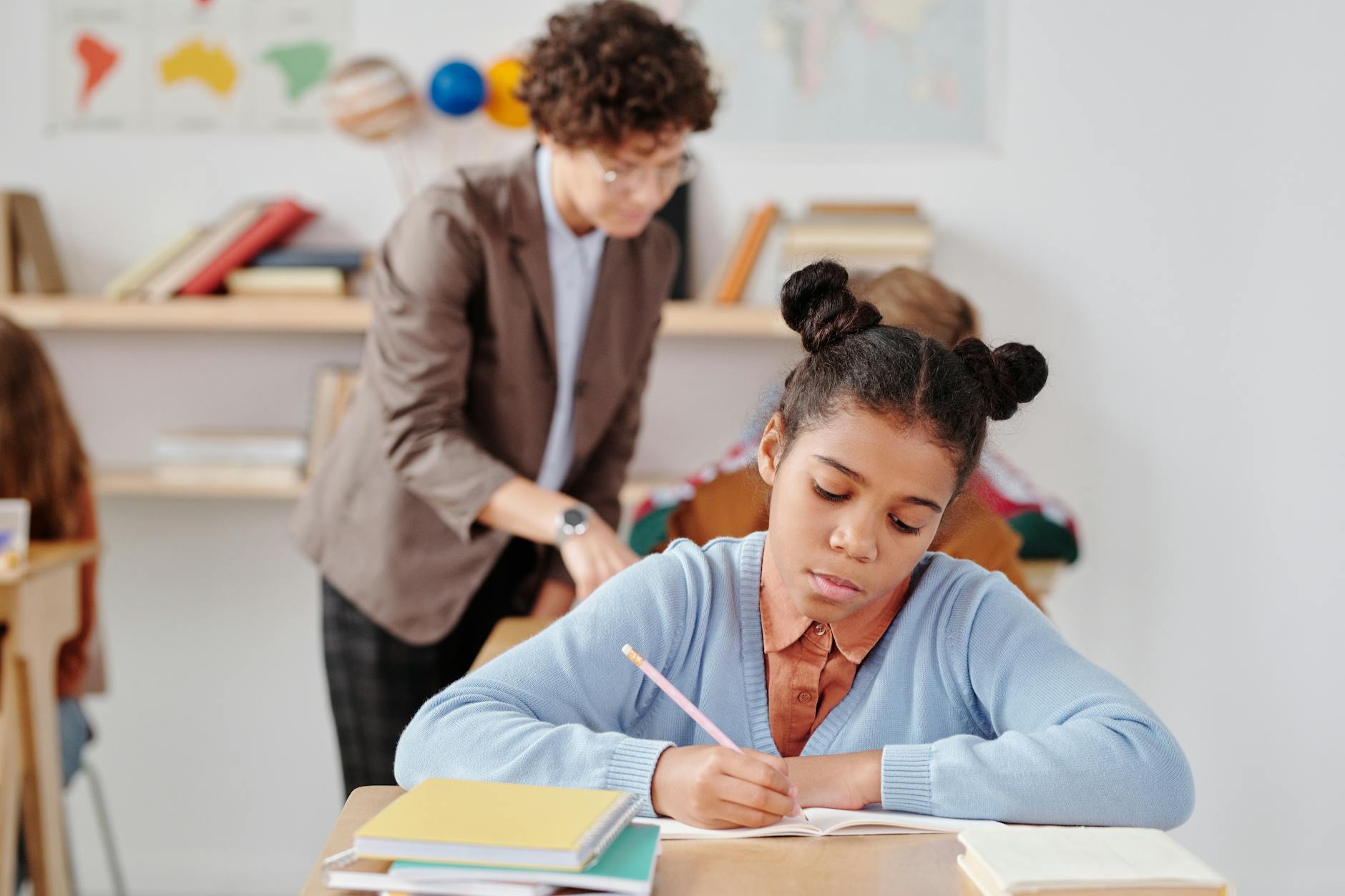41 more FREE Audiobooks for children: this time, for students in Years 2 to 6
We’ve had such a positive response to our list of free, quality audiobooks for kids in Kindergarten and Year 1. So we thought: “Why not finish the job?”
For school-aged kids with reading difficulties like dyslexia, audiobooks can play a big, positive role, in ensuring students continue to be exposed to quality, age-appropriate literature – even if they have difficulty reading them in written form. For students with dyslexia and other decoding difficulties, audiobooks can help mitigate the “Matthew Effect” – where good readers get better at understanding higher level language and reading by reading more, and poor readers fall further behind in reading and higher level language skills because they read less often.
Audiobooks can also be helpful for children with developmental language disorder (DLD). Students with DLD can listen to stories (or parts of stories) several times to help them to understand complex syntax and new vocabulary used in books that are often not found in conversational speech.
Enough, already! Just give us the book links!
Fair enough! Without further ado, here are 41 of our favourite audiobooks – all with accessible YouTube links.
As with our list for Kindergarten and Year 1 kids, we’ve selected books recommended in the Core Knowledge English Curriculum, a free, knowledge-based curriculum. You’ll note that some of the choices are rather advanced, especially for Year 5 and Year 6 students. We say give them a go anyway! You can always step down a level if you need to, and there is some evidence that setting high expectations for kids around literacy, reading and scholarship can help them to develop a habit of reading.
Related articles:
- Too many stories, not enough facts? Free tips and resources to boost your child’s knowledge and reading comprehension skills
- Read non-fiction books to your late talkers and preschoolers: here’s why
- Is your child struggling to read? Here’s what works
- Dyslexia vs Developmental Language Disorder: same or different, and what do we need to know about their relationship?
- Speaking for themselves: why I choose ambitious goals to help young children put words together
- For reading, school and life success, which words should we teach our kids? How should we do it?
Image: https://tinyurl.com/y4tzy3r7

Hi there, I’m David Kinnane.
Principal Speech Pathologist, Banter Speech & Language
Our talented team of certified practising speech pathologists provide unhurried, personalised and evidence-based speech pathology care to children and adults in the Inner West of Sydney and beyond, both in our clinic and via telehealth.








